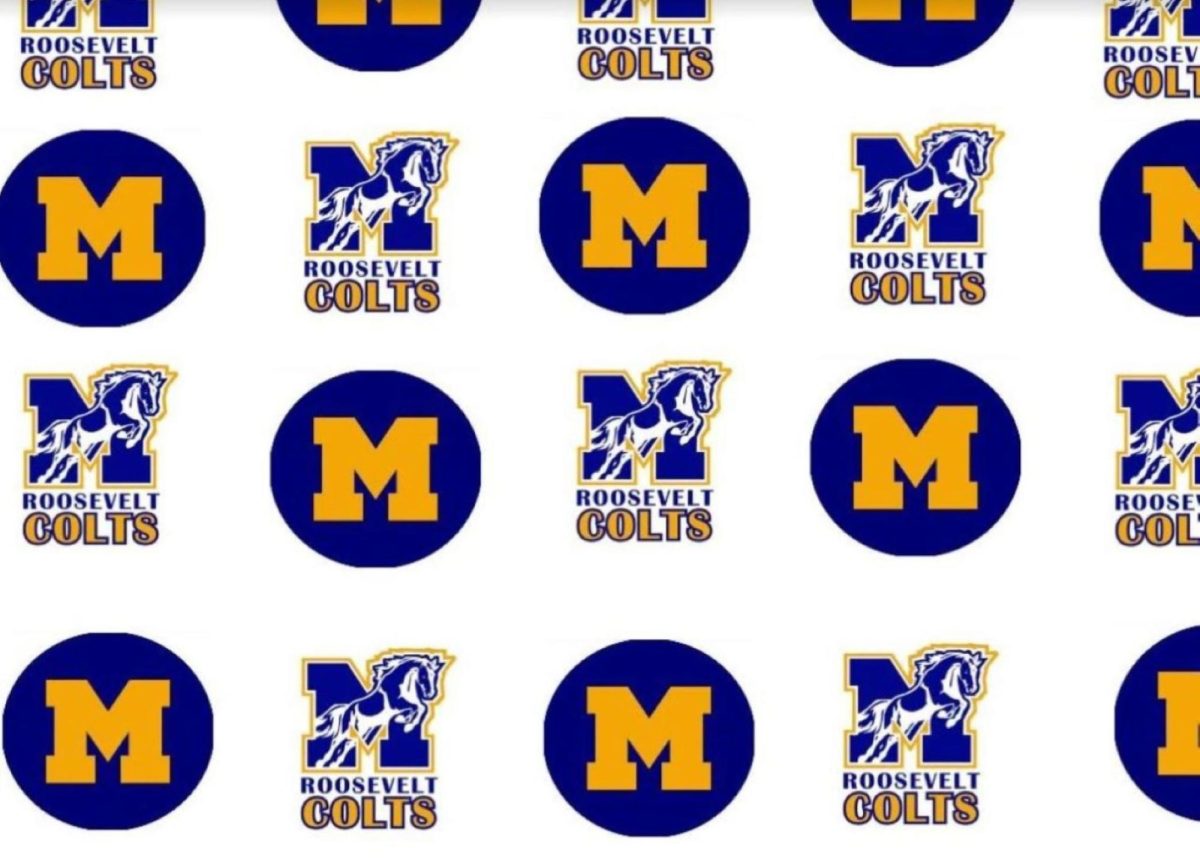Manville offers a free preschool program! The program is funded through a grant from the NJ Department of Education, so we follow the standards set up by the state. Next year, it will be going through the process of getting a quality rating. The centers that they have partnered with are licensed child care centers, and some are working independently on their own accreditation.
The school will use the Tools of the Mind curriculum, which is one of the 4 curricula approved by the state of New Jersey. It aligns with the state’s Preschool Learning Standards. Tools of the Mind, first and foremost, functions on children’s regulation and school readiness. Their biggest goal is to help support children’s transition into school by building strong routines, supporting oral language development and teaching social skills. Of course, they are also focusing on academic readiness skills, such as letter and sound knowledge, counting, shapes, early writing skills and more. This year it is transitioning to using a student portfolio to assess the students’ progress. These portfolios look at children’s pre-reading and comprehension skills, writing skills, letter/sound knowledge, ability to sort, concepts of print, social emotional skills, and more. Teachers are equipped with the Tools of the Mind curriculum kit, as well as a multitude of resources.
Manville uses the ECERS-3 as a guide to ensure the classrooms are equipped with the right materials for the students’ learning and development. Students have lots of hands-on materials to learn and play with. They really work on building school readiness skills such as self-regulation and attention maintenance. As well as focusing a lot on children’s ability to make friends, deal with social conflicts, and communicate their wants and needs. Finally, they start to expose the students to academic knowledge, such as letters, numbers, shapes, counting, etc.
All of the classrooms are led by a certified P-3 teacher. There will be an assistant teacher in each of the classrooms that supports the lead teacher. The teachers receive 3 years of training on the curriculum and participate in various professional development opportunities throughout the school year. Teachers also receive coaching from the instructional coach to support their implementation of the curriculum and from the Preschool Interventions and Referrals Specialist on an as-needed basis to support classroom management and specific child needs. The rooms are filled with 15 students and 2 teachers, at minimum. Teachers communicate frequently with parents and are expected to send home communication about what happens throughout the week, as well as share celebrations and challenges for specific children. It is encouraged for parents to volunteer in their child’s classroom and attend special events when they are able.
Each classroom runs on a slightly different schedule but all include the same components: Arrival, Morning Snack, Opening Group, Small Group Literacy, Play Planning, Make Believe Play Block, Gross Motor, Lunch, Nap/Rest, Afternoon Snack, Small Group Math/Science, and Dismissal. The children get a minimum of 60 minutes of free play inside during the “Make Believe Play Block.” They’ll receive 30 minutes of unstructured play during gross motor on the playground. If the outdoors are not available due to weather, each of the buildings has a plan to provide indoor gross motors in a space. Each of the sites does this slightly differently. At Weston and Lightbridge, students may bring their own lunch, purchase, or receive Free/Reduced lunch. At HOPES, all students receive free meals regardless of income level. At the Jointure, students bring their own lunches. The program is inclusive to all students and reserves space in each of the classrooms for students with special needs. Regardless of placement site, if a child needs services, the provider will come to them to provide those services. If a child presents with a need, they are first referred to the Preschool Interventions and Referrals Team for in-class interventions. If the need is more significant, the child can be referred to the Child Study Team for further evaluation and determination of eligibility.
Similar to other district buildings, safety and security measures will be strictly followed. Students participate in drills, buildings are locked during the school day and monitored by front office personnel, and students are supervised by maintaining a ratio. Weston and Lightbridge do not provide transportation. HOPES provides bussing to some children who may need it; there are various stops throughout the community that families can wait at for bussing to the site. The Jointure offers bussing to all students that picks up and drops off at Weston Elementary School, and the drivers are licensed and insured. The children are buckled in appropriate seatbelts for their age.
Lightbridge uses a digital system to check students in and out. HOPES uses a sign-in/out sheet and also digitally monitos. Weston and the Jointure teachers complete sign in for students as they enter the building. All sites document attendance using Genesis, the same system used for the entire district. The sick policy is the same for the district. Students must be fever, diarrhea, and vomit free for 24 hours before returning to school. The school follows the guidelines outlined in ECERS around hygiene. Tables are cleaned and sanitized before and after meal times, toys are deep cleaned throughout the year or if they enter a child’s mouth, and nap blankets are sent home weekly to be laundered.
The school day runs from 8:45-2:45 and follows the Manville School District calendar for days of closure. Lightbridge, HOPES and the Jointure have summer programs that families can opt into at an additional cost. There is no district provided/sponsored summer program for preschool. Teachers have access to the Preschool Interventions and Referrals Specialist (PIRS) if there is a challenging behavior that they are not sure how to address. The PIRS will complete a classroom observation, speak to parents, and meet with the teacher to draft a plan for how to support the child. This could include incorporating more visuals, providing more breaks, or doing 1:1 interventions with the child to support their behavior. They encourage all families to work on potty training with their children before they start preschool. Once in preschool, it strongly suggests parents send their child in pull-ups to practice using the toilet at school. Teachers use timers and charts to track children’s trips to the bathroom and encourage them to use the bathroom. Students must be checked, at minimum, every 2 hours when in the care of the school when in diapers. Most importantly, teachers partner closely with families to discuss strategies and what’s working with potty training to help speed up the process.







